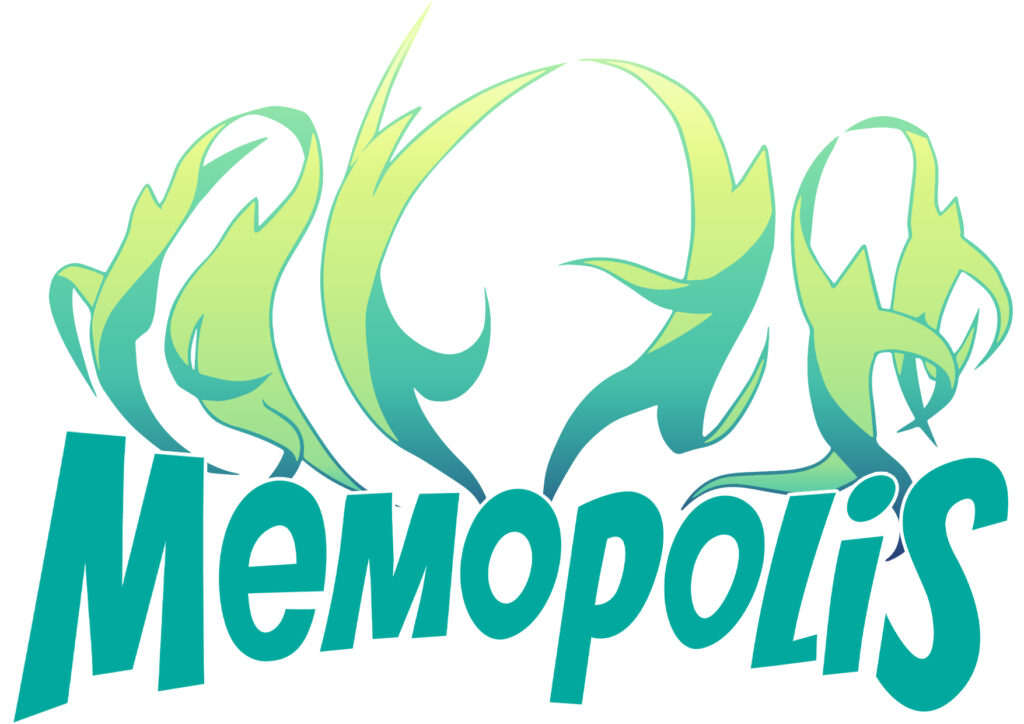Memopolis - the idea
Memopolis (or gamesin.eu, former working title) is a Strategic Partnership of youth organisations from Portugal, Finland, Germany and Greece, who develop an online gaming and game deveolpment platform to simulate and build online international youth exchanges. They are supported by a start-up from Leipzig specialized on game development. The project is funded by Erasmus+ YOUTH IN ACTION.
Chellenges
Sharing the experience of an international youth exchange is for most former participants and professional youth workers a big challenge. Many find it very difficult to give a vivid picture of the excitement, the group process, the atmosphere, the joy, sometimes the frustration – in short, all the emotions you live through taking part in an international youth exchange.
Especially to create an image of these experiences in the minds of people, who did not take part in any similar activity so far. We experience this challenge especially working with youth who are facing more difficulties and have a tendency to assume that they are not the target group of youth exchanges.
A second challenge from perspective of the organizations is the documentation and dissemination of results of youth exchanges in an authentic way among peers, youth and a wider general audience.
The third challenge we want to address, is international youth collaboration in times of travel restrictions. Another challenge in the current situation of „Corona“ is the lacking economic fundament for small enterprises/start-ups in the field of cultural education.
Finding Solutions
To address these issues we want to develop a digital simulation game (Android, iOS, Browser) and an attached easy to use game editing platform. In the game the players can make their way through an international youth exchange. All phases from preparation, travel, the actual acitivity, till final evaluation and returning home will be part of the game.
A second part of the game tells the story of a participatory preparation process of an international youth exchange and gives the players the possibility to create their own youth exchange on a digital level.
The game will be produced in a graphic novel style in 2D and will be fun to play. Youth can play it on their own. However, we have also scenarios in mind, where youth workers play the game together with their kids to start the preparation phase of an youth exchange project. The game will be developed in English and after finalization translated into Finish, German, Greek, Portugese.
Implementation
We head for the release of the game in the common app stores. The game will be free of charge and open source, so it can be developed further by anybody, who is interested. As the development platform we will choose an existing one, so we use resources sustainably and have the support of the existing community.
To make sure, the game and the platform will be suitable and interesting for young people, we will involve them in the development process. During two blended learning activities and local activities in their municipality they will brainstorm, add their ideas, stories, characters, sounds, environments to the future game. To enable them to implement their ideas to the game, they will get a small training in game development by RxB. Included in the training will be sessions on media use, habits, chances and possible dangers.
To test the game and develop more showcases of the game, part of the second blended mobility will be a small hackathon. We aim for a good gender balance within the team of young people and including young people of possibly diverse backgrounds.
We want to combine youth work and game development, which brings benefits in both directions: Young people get involved in game development, strengthen cultural and creative skills and digital literacy, get an insight into entrepreneurship and upon that will have intercultural learning experiences. The game development enterprise gets involved in a participative project with young people, is supported economically by the funding and, by this, has the chance to stabilize its economical fundament and it opens up new target groups
(such as youth work organizations).

